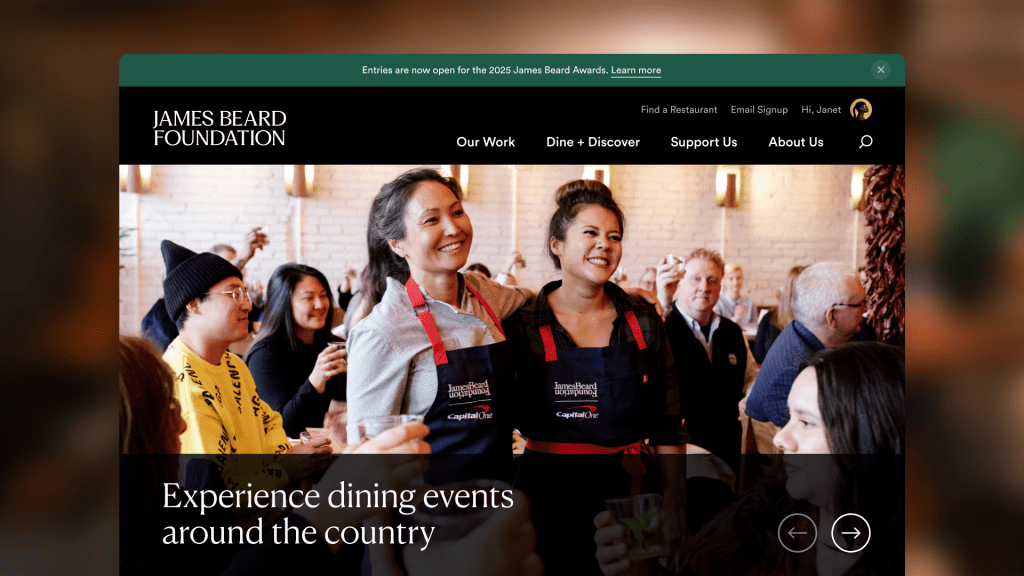Media Buying Briefing: WPP and Stagwell offer a tale of two outlooks
The two holding companies that reported their 2024 earnings last week — WPP and Stagwell — painted considerably different portraits of the future in the guidance they offered for the rest of 2025. Besides IPG’s dour expectations from two weeks ago, WPP is the only holdco to say it expects to have a rough year.
It’s important to maintain perspective in looking at the two holdcos side by side. WPP dwarfs Stagwell in size and scale, (WPP’s nearly $18.6 billion in 2024 revenue compared to Stagwell’s $2.8 billion), but in this case, smaller actually presents an advantage in showing a greater percentage of growth — specifically, 12% growth (including advocacy, which was huge last year thanks to a presidential election) for Stagwell to WPP’s flat to slightly down result.
This is a member-exclusive article from Digiday. Continue reading it on digiday.com and subscribe to continue reading content like this.
